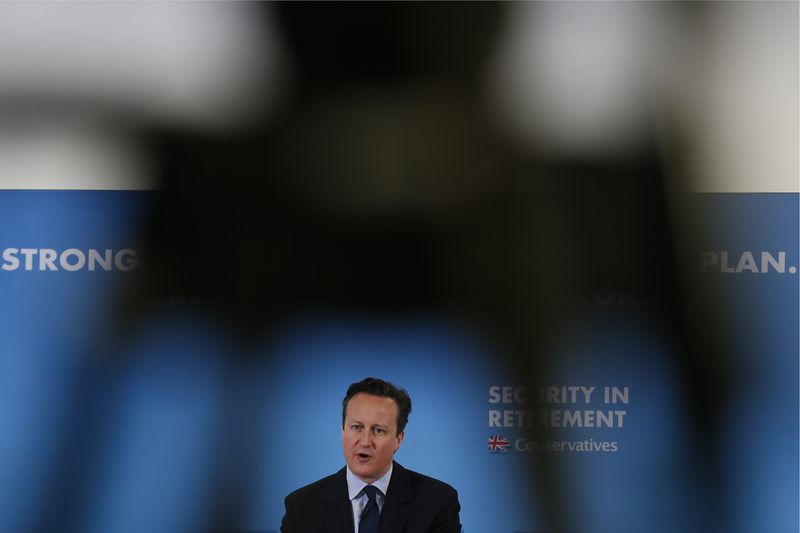By Michael Holden
LONDON (Reuters) - Prime Minister David Cameron said internet firms must do more to deal with online extremism after three teenage girls radicalised "in their bedrooms" left London in an apparent bid to travel to Syria.
Friends Amira Abase, 15, Shamima Begum, 15, and Kadiza Sultana, 16, flew to Turkey last week in what the authorities believe was an attempt to travel to Syria to join the militant Sunni Islamist group Islamic State.
News of their actions led to calls from lawmakers for social media companies to do more after it was revealed they had been in contact via Twitter with other women involved with Islamic State.
"All of us have been horrified by the way that British teenagers appear to have been radicalised and duped by this poisonous ideology of Islamist extremism while at home on the internet in their bedrooms," Cameron told parliament.
"Given reports that one of the girls was following as many as 70 extremists online, this case underlines the importance of the work we are doing with social media companies."
He said there had been progress with some firms working with the authorities to take down extremist content, but more was needed. "Internet companies have a social responsibility. And we expect them to live up to it," he said.
Images of the three youngsters walking through London's Gatwick airport before catching a flight to Istanbul led to questions about whether more should have been done to stop them.
Security services estimate some 600 Britons have journeyed to Syria or Iraq to join the militants and Britain introduced new measures this month which allows police to remove passports from people suspected of travelling to the region to do that.
Cameron said new arrangements with airlines were needed to deal with unaccompanied children.
"What this incident has highlighted is the concerning situation where unaccompanied teenagers like these - who are not a known risk - can board a flight to Turkey without necessarily being asked questions by the airline," he said.
The apparent speed of the girls' radicalisation was made clear on Monday when the headteacher of their school said police had seen no cause for concern when they were questioned after another of their friends was suspected of travelling to Syria in December.

"They indicated there was no evidence that the girls were at risk of being radicalised or absconding," Mark Keary, headteacher of Bethnal Green Academy in east London, told reporters.